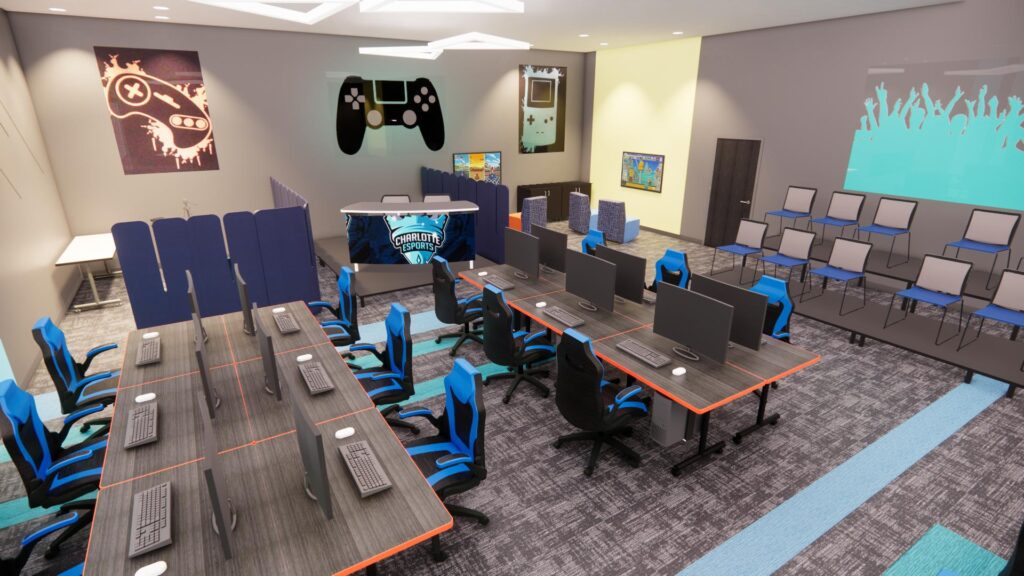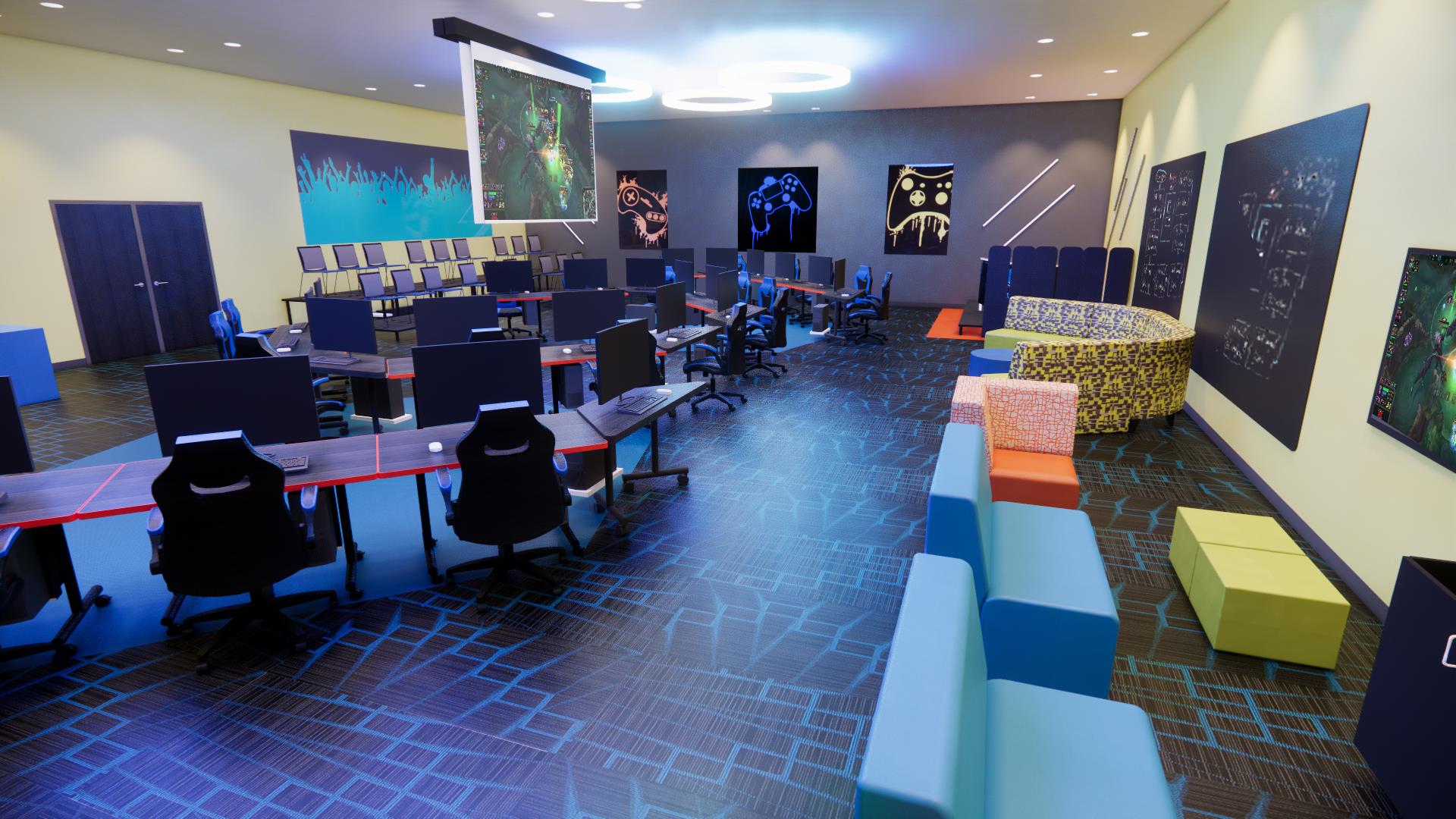
Esports, ProSocial Spaces, and the Future of Career Pathways
What if something students already love could become a launchpad for career exploration? What if the same energy they bring to gaming after school could be harnessed to strengthen communication, collaboration, and leadership? And what if the design of learning environments, how students gather, compete, and create, was the key to transforming esports from “just play” into a pathway for the future?
These are the questions I have been exploring as I have worked with districts across the country to bring esports into the fabric of education.
Beyond the Game
In schools where esports has been embraced, I have seen students who once struggled to engage in traditional settings find new confidence as part of a team. I have seen quiet students step into leadership roles as strategists and organizers. I have seen classrooms reimagined into pods of collaboration, broadcast studios, and hubs of creativity.
Esports gives students a chance to build confidence, step into leadership roles, and develop creative and strategic skills that extend beyond traditional classrooms.
It makes me wonder: are we limiting esports by only thinking of it as competition? Or is it actually a mirror of the arts, media, and entertainment industry that serves as a stage where students practice broadcasting, event production, digital storytelling, and marketing?
Connecting to Career Pathways
Esports does not live in isolation. It connects naturally to multiple CTE clusters from IT and business to health sciences and education, but it shines most brightly in Arts, Media, and Entertainment. In fact, I often ask educators: how many of your students are already producing, streaming, editing, and storytelling without realizing they are practicing industry skills?
The question becomes: how do we design spaces and programs that validate those interests as career pathways? How do we align esports with the same intentionality as we do with band, theater, or athletics so that it prepares students for real opportunities in college and the workforce?

Rethinking the Space
Research has shown us that the way we design learning environments impacts student engagement and achievement. Esports spaces are no exception. When designed with collaboration in mind, they create natural opportunities for ProSocial learning such as team communication, peer coaching, and shared problem-solving.
When designed intentionally, esports environments foster collaboration, communication, and problem-solving, creating spaces where students learn to work together effectively
As I walk into schools experimenting with these spaces, I often ask leaders: Are your students only competing, or are they also creating? Are your esports programs designed to foster belonging and skill development, or are they simply set up as an extracurricular activity?
Looking Ahead
Esports presents an incredible opportunity not because it is new or trendy, but because it is deeply connected to how students already learn, play, and collaborate. The real challenge for us as educators and leaders is asking: Are we ready to move beyond the game and see esports as a pathway to careers, creativity, and community?
Explore the Future of Esports in Your District
Ready to move beyond just play? Together, we can design esports programs that engage students while building skills for college, careers, and creativity.
About the Author

Dr. Katrina Lewis has been in education for over 25 years, serving as both a teacher and an administrator (Director of Technology). She is a sought-after speaker at conferences and schools worldwide. Currently, Dr. Lewis is the Programs Business Development Strategist at Meteor Education and President and Founder of the Tennessee Academic Esports League. She also serves as a College Professor for Esports and Gaming. Additionally, she has authored dozens of educational technology whitepapers, books, journal articles, and blog posts on the topics of esports and EdTech.